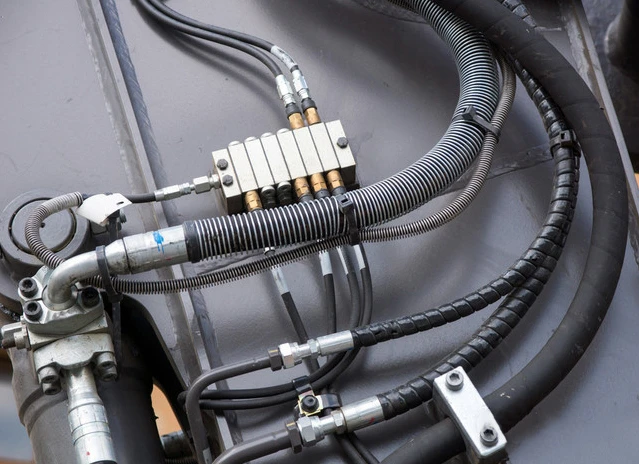In the ever-evolving world of metal fabrication and repair, the gas welding hose emerges as an indispensable tool for both seasoned professionals and ambitious DIY enthusiasts. As the conduit through which flammable gases travel, this seemingly humble equipment can dictate the quality of the weld and the safety of the entire operation. With its crucial role, understanding the intricacies of a gas welding hose ensures that one leverages the best out of their welding endeavors.
When embarking on the journey of selecting a gas welding hose, the first attribute to consider is its construction material. Typically, these hoses are composed of layers; the inner tube, the reinforcement, and the cover. Each layer serves a unique function. The inner tube, usually made of a synthetic rubber or thermoplastic, must resist the gases it handles, preventing corrosion and ensuring stability. This internal layer's durability directly impacts the longevity and safety of the hose.
The reinforcement layer, often consisting of braided or spiraled fabric or wire, delivers the hose's strength. It ensures that the hose can withstand high pressures without buckling, a critical feature especially when working with gases under variable pressure. Meanwhile, the outer cover protects against external factors like abrasion, chemicals, and weather conditions. Opt for hoses with covers resistant to cracking or splitting, particularly if your work environment exposes them to oils or sunlight.
One common oversight in choosing a gas welding hose is neglecting its compatibility with the gases to be used. Oxy-fuel setups typically deploy two hoses together, each designed for specific gases—one for oxygen, usually green or blue, and one for the flammable gas, in red or orange. Hence, always verify that the hose material is suitable for gases like acetylene, propane, or any others you might use. Incorrect combinations can degrade the hose, leading to leaks or catastrophic failures.
Length and flexibility stand next in line when considering optimal functionality. Longer hoses offer extended reach, eliminating the need to frequently relocate heavy tanks. However, excessive length can lead to pressure drops and inefficient gas flow, so balance is key. Flexibility is equally important; a hose that resists kinking will maintain a continuous gas flow, aiding smooth operation.gas welding hose
The importance of diameter cannot be ignored. The internal diameter defines the volume of gas that can traverse through the hose. A diameter too small may restrict flow, while one too large can be unwieldy and unnecessarily heavy. Most welding systems and tools come with specifications, making it crucial to match your hose’s diameter with your setup’s requirements.
Safety is the paramount concern in selecting and handling gas welding hoses. Regular inspection for wear, especially near the fittings and along bends, is essential. A small crack or abrasion can quickly evolve into a lethal leak. Investing in hoses with added features such as flame-retardant covers enhances safety during accidental flashbacks or fires.
Beyond the physical and operational characteristics of the hose, the supplier’s reputation should never be overlooked. Brands renowned for quality ensure that their hoses meet rigorous standards, providing peace of mind through certifications and compliance with safety regulations. Industry feedback, client testimonies, and documented product testing serve as reliable indicators of product trustworthiness and credibility.
For anyone seeking reliable performance, matching their gas welding setup with the ideal hose offers a myriad of benefits. It results in clean, efficient welds, cost savings through resource efficiency, and the most critical aspect, safeguarding the welders' health and assets.
Whether you are a professional welder or a hobbyist, choosing the right hose and maintaining it with diligence will invariably enhance the overall welding experience. Understanding its vital roles and specifications propels users towards making informed, educated decisions that optimize safety, performance, and longevity—a testament to unwavering diligence in the ever-demanding field of metal joining and fabrication.
OUR LATEST NEWS
Strict quality control strict production team to ensure stable products quality. Scientific personnel management, efficient production arrangements to ensure our timely delivery.























